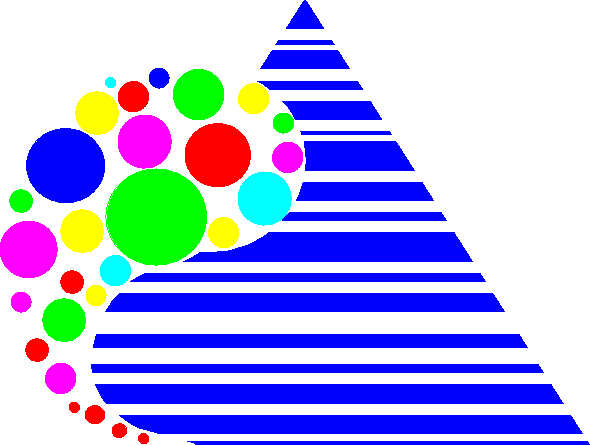PACT 2007 Keynotes
We have a stellar line-up of keynote speakers for PACT 2007,
including researchers who defined the field in
architecture, compilers, and software:
Compilers and Multi-Cores: A Performance Partnership or Missed Opportunity?
Fran Allen, IBM T.J. Watson Research Laboratory
9:00am, Tuesday, September 18, 2007
Abstract
Multi-core computers are ushering in a new era of parallelism everywhere.
As more cores (and parallelism) are added, the potential performance of the
hardware will increase at the traditional rate. But will single applications be
faster? How can such applications take advantage of all the parallelism?
This talk will consider the potential role of compilers and languages in
helping deliver the multi-core performance promise.
Biography
Fran Allen, IBM Fellow Emerita at the T. J. Watson Research Laboratory, specializes
in compilers for high-performance computers. Allen's early work laid the foundations
of the theory and practice of program analysis and optimization. Her later parallel
translation project (PTRAN) continued the development of these methods to encompass
whole program analysis and parallelization. Allen is a member of the National Academy
of Engineering, the American Philosophical Society, and the American Academy of Arts
and Sciences, and is the recipient of ACM's 2006 Turing Award.
Harnessing the Transformation Hierarchy
Yale Patt, The University of Texas at Austin
9:00am, Wednesday, September 19, 2007
Abstract
The marketplace knows that process technology continues to provide twice
the raw capability every couple of years. Moore's Law they call it. In
ten years: more than 100 billion transisters on each silicon die, running
on a 10GHz clock, at least. Yet, in the recent past, at least, the
marketplace has not seen comparable performance. Part of the problem
is clearly due to the fact that these transistors have not been harnessed
optimally. I would argue that an avenue of attack that could offer great
rewards is what I have been calling the Transformation Hierarchy. That is,
problems are stated in natural language, but it is the electron at the
substrate layer that is actually solving the problem. In between, we
have the algorithm, the mechanical language, the ISA, the microarchitecture
and the circuits. The more one layer is able to interact with the others,
the more we can produce higher performing engines. The compiler and the
microarchitecture have already started this symbiosis. It is time they
bring the other layers into the act. In this talk, I will suggest some ways.
Biography
Yale Patt is a teacher at The University of Texas at Austin, where he also
does research in microarchitecture and has consulted for microprocessor
manufacturers for more than 30 years. He and his students have been
responsible for a number of innovations which are now taken for granted
in most high-end microprocessors. HPS, introduced at Micro-18 in 1985
was the first comprehensive microengine to introduce wide-issue, agressive
branch prediction, speculative execution, out-of-order execution and
in-order retirement to preserve precise exceptions. His two-level branch
predictor, introduced at Micro-24 in 1991, has been adapted to just about
every high end chip since Intel's Pentium Pro in 1995. He has earned the
appropriate degrees from reputable universities and received more than
enough awards for his research and teaching. More detail is available on
http://www.ece.utexas.edu/~patt.
Write clean (parallel) code!
Bjarne Stroustrup, Texas A&M University
9:00am, Monday, September 17, 2007
Abstract
This keynote articulates the ideal of raising the level of abstraction
of parallel code for portability and portability.
The focus is on the idea of "clean code" which includes concerns of
direct expression of domain-specific ideas and maintainability. It also
argues the need for integrating parallel code into "ordinary" code to
avoid segregating the community using and supporting parallel code from
the larger software development community.
Biography
Bjarne Stroustrup is the
designer and original implementer of C++ and the author of "The C++
Programming Language". His research interests include distributed systems,
design, programming techniques, software development tools, and programming
languages. Dr. Stroustrup is the College of Engineering Chair Professor in
Computer Science at Texas A&M University . Member of
The National Academy of Engineering ; ACM Fellow, IEEE
Fellow, AT&T Bell Laboratories Fellow, and AT&T Fellow
. He is actively involved in the
ANSI/ISO standardization of C++.
|


